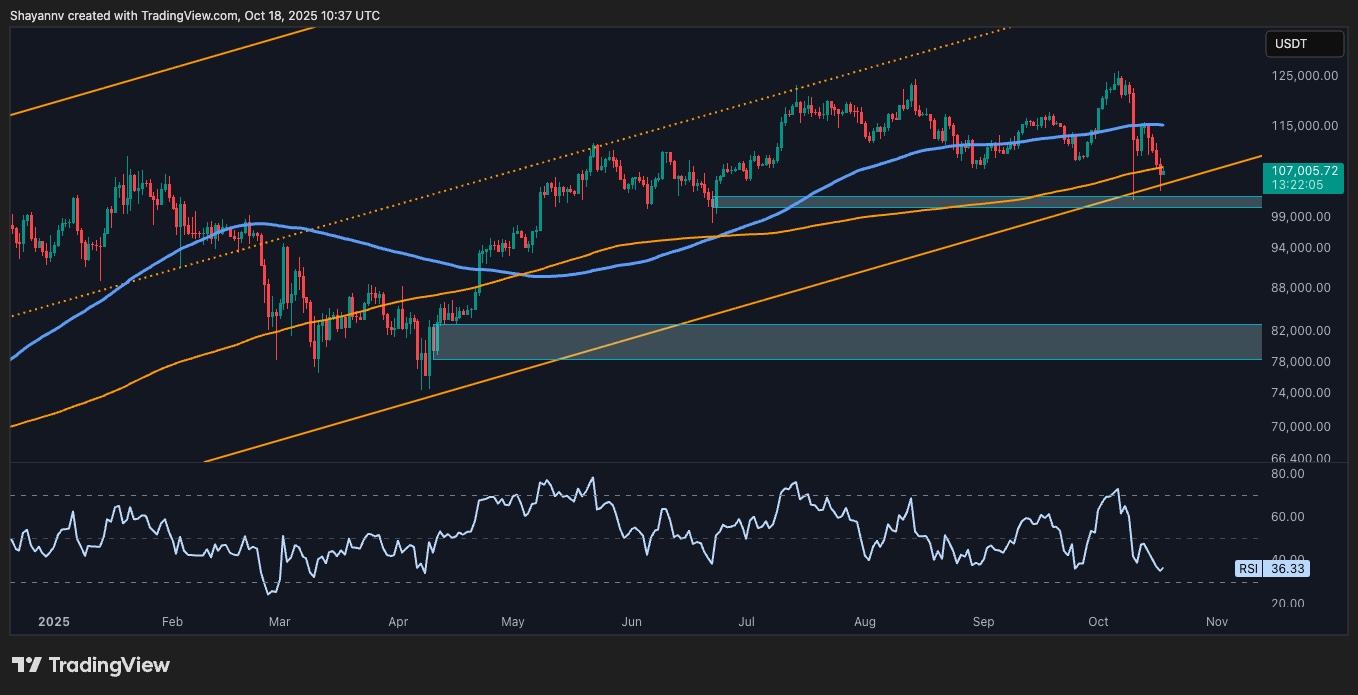The Thailand Securities and Exchange Commission (SEC) is preparing to implement a DLT-based debt instrument trading system. The main objective is to encourage securities firms to engage in digital token trading.
According to Jomkwan Kongsakul, who happens to be the deputy secretary-general of the SEC, the regulator has already approved four digital token projects and is in the process of evaluating two additional ones, with a focus on green tokens and investment-driven initiatives.
Blockchain-Powered Debt Instrument Trading
Kongsakul explained that purchasing bonds from the primary market requires 7-14 days before they become available for trading in the secondary market. Investors also face challenges such as limited access to certain products and the high cost and illiquidity of some bonds.
Meanwhile, issuers deal with extensive manual paperwork, which is prone to delays and errors. As such, leveraging DLT is expected to ensure efficiency, and streamline processes while addressing barriers in the capital market.
The regulator aims to fully digitalize the bond trading system across both primary and secondary markets, covering settlement, trading, investor registration, and return payments. Kongsakul assured that competition will remain open, as firms with their own DLT infrastructure can establish independent chains, as long as they ensure interoperability within a unified standard.
A standardized framework for data connectivity within the digital securities ecosystem is crucial. Companies without their own chains can access the SEC’s public chain at an affordable cost. Going forward, multiple chains may emerge for trading, with all DLT-based systems interconnected through a shared ledger, which is expected to be finalized soon.
Existing financial products will remain but will be converted into digital counterparts to facilitate smooth transactions on the DLT network. This approach promotes fractional trading at reduced costs and boosts liquidity by bringing in more participants, while simultaneously enabling real-time transactions, and reducing settlement issues.
Additionally, the regulator is developing the SEC Open API data platform to provide comprehensive data on all listed companies to help investors conduct better analyses and make smarter investment decisions.
Pilot Scheme For Crypto Payments
As part of its move to embrace digital assets in 2025, the Southeast Asian country was reportedly considering a pilot scheme for crypto payments in Phuket. Finance Minister Pichai Chunhavajira previously expressed support for digital asset adoption, citing growing global demand and geopolitical factors.
However, he acknowledged that Thailand is not fully prepared and aims to create a platform for verifying users and facilitating crypto transactions. A proposed system would allow tourists to register their digital assets on local exchanges for property purchases and payments, with automatic conversion into Thai Baht. The pilot will operate within a regulatory sandbox, ensuring compliance with existing legal frameworks.
But challenges remain which include the Bank of Thailand’s opposition to decentralized assets, restrictions preventing foreigners from accessing local exchanges, and upcoming tax reforms that could impact foreign investments
The post Thailand SEC Adopts DLT for Digital Token and Bond Trading Overhaul appeared first on CryptoPotato.

 8 months ago
76
8 months ago
76




 English (US) ·
English (US) ·